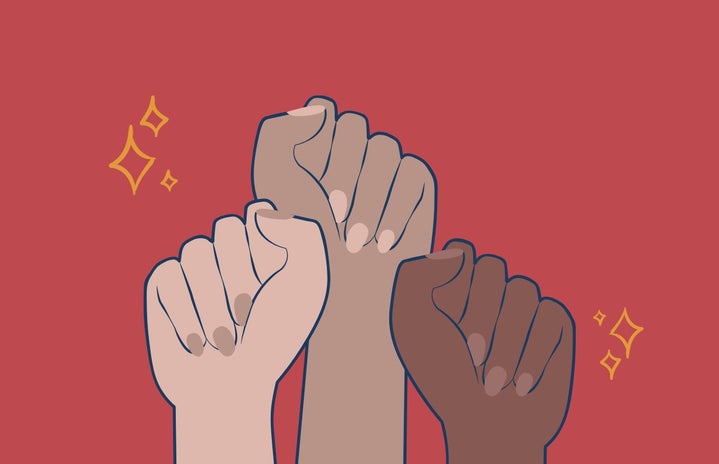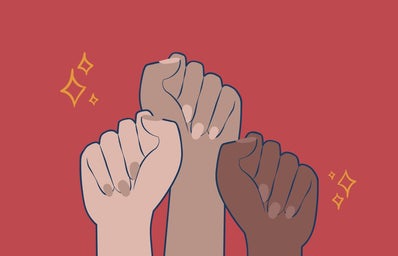I recently had a close friend come visit me at my dorm in San Francisco. I was utterly delighted by her presence and was able to see the city through a rose-colored lens. It appeared as though we were in our own world. We stepped into one of San Francisco’s most reputable bookstores, City Lights, and stumbled upon a book titled For Brown Girls with Sharp Edges and Tender Hearts: A Love Letter to Women of Color by Mojica Rodríguez. Having only read the introduction, I realized that this friendship shared similar feelings about our struggles, which I had previously believed to be exclusive to my own life.
Today, many people tend to prioritize their romantic relationships and emphasize their hopeless desires for them ultimately forgetting that the basis of who they are in that relationship lies within the actions of their platonic relationships. Of course, there are several defining factors that bring you and your romantic partners together, but the mutual understanding of specific experiences that girlfriends have is one that is inimitable.
When building relationships with our friends, we generally create connections by relating to experiences we face in the outside world, mainly the oppressive ones. Women of the same marginalized communities often share similar oppressive experiences that only a person from that respective community would understand. We are innately inclined to spend our time with people who are like us and enjoy the same things as us, as it brings a sense of familiarity and comfort. Navigating ourselves through a world that is so unkind to the women who uphold it is exhausting and can get lonely. The profound effect of female friendships allows us to acknowledge that we are not alone in that perpetual state of uncertainty, bringing solace to all of life’s curve balls.
Women of color have been silenced all throughout history but the camaraderie amongst these oppressed groups of women becomes crucial in the fight for social justice. Female-to-female friendships are necessary to develop to challenge systems that tyrannize the very existence of these relationships. Women need women, we need the empowerment that comes with each connection. The shared experiences of frustration with inequality allow us to form interpersonal relationships where vulnerability is a strength, rather than a weakness. We must cherish the relationship we have with our female counterparts as it is one of the most valuable possessions we have. As Anaïs Nin, an American essayist wrote “Each friend represents a world in us, a world possibly not born until they arrive, and it is only by this meeting that a new world is born.”


